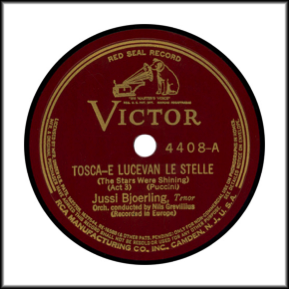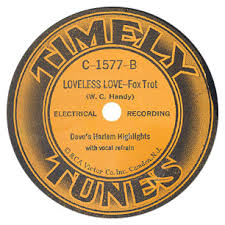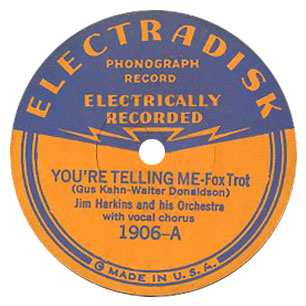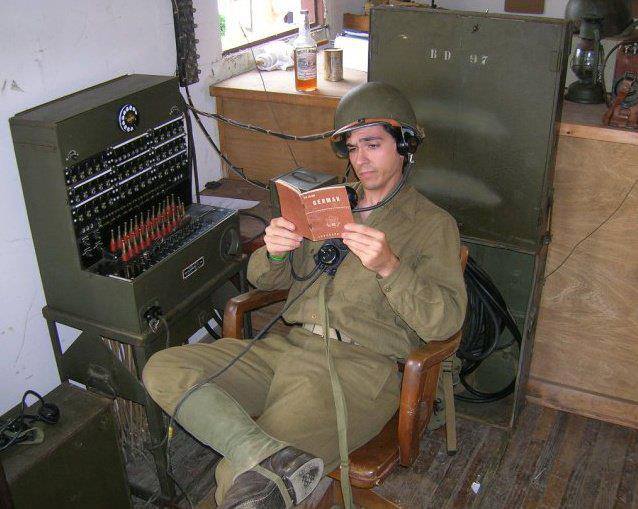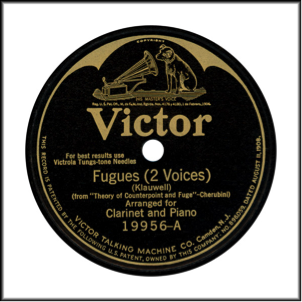
Victor Records (1901-1929; after which it is part of RCA)
Founded as Victor Talking Machine Company in 1901. The phrase “His Master’s Voice” appears on discs in 1902. Marketed a Victor Monarch Record label (1902-1905) and a De Luxe Label (1902-1905; a De Luxe Special Record that was 14in. was sold from 1902-1903) both would have the dog and gramophone logo. The Victor Monarch Label and the De Luxe Label would also be sold alongside a regular Victor Label or Victor Record Label. The first discs were one-sided and starting around 1908 Victor began to produce two-sided discs. Some early Victors from 1905-1913 will say around the rim “Awarded First Prize…” as Victor was awarded first place at expositions.
A Red Seal Record series (originally one-sided and then two-sided in 1921) would be introduced in 1903 and last till 1923 the design of the Red Seal record would mimic the regular label. The Red Seal series featured higher-end musicians such as Enrico Caruso and cost anywhere between $1-$7.50 which is much more expensive than the regular series records.
In 1929 the Victor Talking Machine was sold to Radio Corporation of America and would operate as RCA-Victor. RCA-Victor would produce budget labels like Timely Tunes(#1550-1600) produced between April 1931 and July 1931 and Electradisk (#1900-2510) produced between 1932-1934 for Woolworth Department Stores. However, the Bluebird label would be its best. In 1936, RCA-Victor would abandon the scrolled design. In 1942, RCA-Victor would introduce a 2-digit pre-fix for record series. In 1946 RCA would RCA on all the records making them RCA-Victor. By the late 1940s/early 1950s RCA-Victor would make the switch to 45s and Long Play (LP) discs.
Music Genres: Jazz, Blues, Classical, “rock and roll”, philharmonic, country/western music, sound recordings, dance
Pre-1941 Label:
Early Victor: 1905-1914 (records from 1908-1914 would feature the word “Patents” at the bottom).
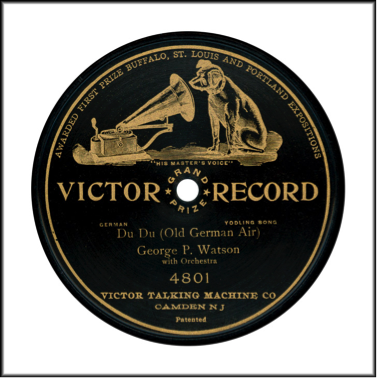
Du Du (Old German Air) on Early Victor by George P Watson
Mid Victor: 1914-1926 the “Batwing” design. 1926-1936 the “Scrolled” design.

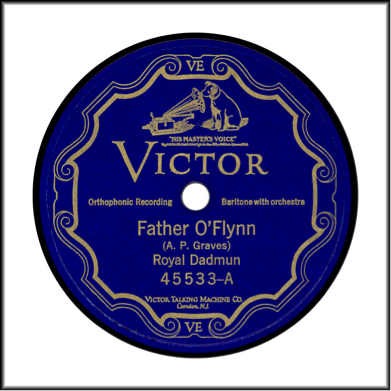
Late Victor: 1936-1946. Concentric Circles with the Victor title label.
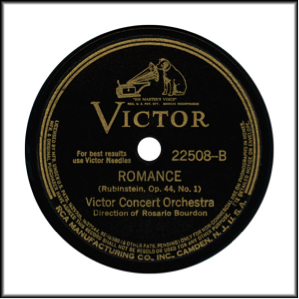
While not on a late Victor recording, Romance by the Victor Concert Orchestra:
Red Seal Label: 1903-1923
1941-1945 Label: 1942 label with RCA-Victor.
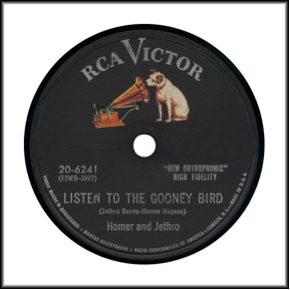
Listen to the Gooney Bird by Homer and Jethro, a pair of country musicians.
Post-WW2 Label: 1946
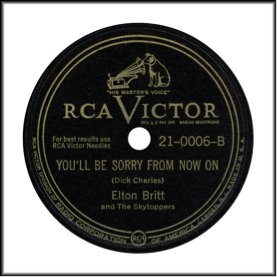
Timely Tunes Budget Label: April 1931 and July 1931
Electradisk Budget Label: 1932-1934
While not the name of the disk, here is Jim Harkins on Electradisk playing a song called Play Fiddle, Play.
Victor Numbers from start to 1945: 1-88000
Notes: None
Sources:
–Electradisk Discography
–Timely Tunes Discography
–http://majesticrecord.com/labelsvictor.htm
–http://www.mainspringpress.com/victor1.html
-Rust, Brian. The American Record Label Book. Arlington House Publishers, NY. 1978.
-Sutton, Nauck. American Record Labels and Companies: An Encyclopedia (1891-1943).Mainspring Press, CO.2000.
